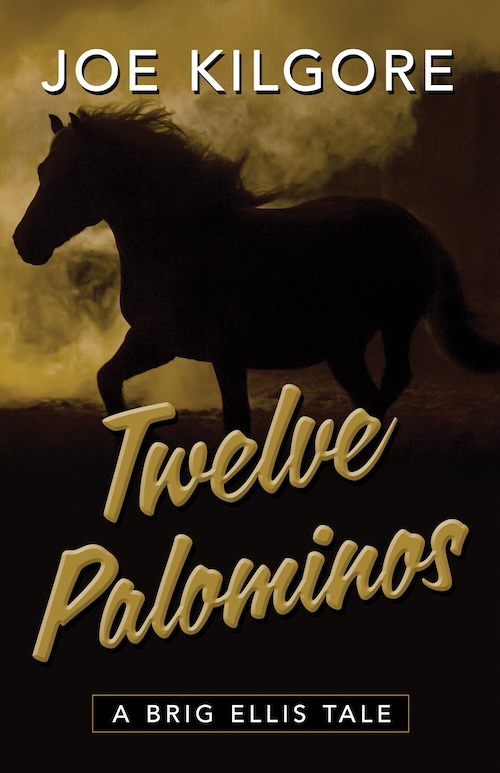Measuring Immeasurable Loss
Tuesday, February 2nd, 2010A dying old man writes a letter to his stepdaughter. For whatever reason, he has decided she should know more about him than she currently does. What she learns is highly unlikely to endear him to her. But perhaps what she learns will give her a much broader perspective of the world and those inhabitants of it who just happen to be Russian. Such is the literary construct that frames the 2006 novel, House of Meetings by Martin Amis.
The old man is a well-off capitalist from Chicago who has gone back to mother Russia to die. There, he was a soldier in World War II, a gulag inmate after the war, and a profiteer and industrialist before immigrating to America and marrying the young woman’s mother. His return to his homeland is done both to help him come full circle and to inject him with the necessary infusions of sights, sounds, smells and memories that enable him to lay his soul bare.
He is, by his own admission, a rapist and a murderer. A particularly violent man when violence was called for. He freely confesses to being part of the Russian army that raped its way across Germany and Eastern Europe. Though he seems to take some solace in his inability to understand his fellow soldiers who killed their particular rape victims. And while he tells his sobering tale, he shows little, if any, signs of shame or regret for his particular offenses. Life is too big to apologize for. Things even out in the long run.
The majority of his story concerns his post-war years in the gulag where he was sentenced for making some ill-considered remarks about the government. Those were the days, in Russia, where Joseph Stalin and his communist regime were overseeing barbarism that dwarfed even that of Hitler. Stalin and his cronies literally planned, initiated and orchestrated the starvation of their own citizens. They created a virtual slave labor force of supposedly political criminals, malcontents and undesirables to mine from the earth those minerals that were necessary to provide the sustenance for the state to survive. Treachery and deceit were the underpinnings they used to hold up the socialist scaffolding. Students turned in teachers for saying positive things about the West. Neighbors turned in neighbors for keeping more than the government allotment of food those neighbors grew themselves. Sons and daughters turned in fathers and mothers to increase their own rations. Over 20 million died of starvation or depravation in forced labor camps.
It is within the above environment, that the old man recounts his years of loss. Loss of freedom is but the beginning. Loss of pride follows quickly. Loss of humanity is on its heels. Eventually, loss of essence closes in. He and his brother spend years both together and apart in the camps. The old man turns to cruelty and violence to survive. His brother refuses to. But eventually, when both are finally released, which one is the survivor and which is the walking dead?
The House of Meetings referred to in the title, is actually the chalet on the edge of one camp where conjugal visits are allowed. Within those walls, one brother has a reunion with the woman who is loved by both. A reunion that will haunt all three for the rest of their lives.
Martin Amis is one of England’s leading literary lights. As are most excellent authors, he is both loved and hated. Loved for the insights into humanity and the lack of it that make up the world. Hated for the way he refuses to lower his literary skills simply to make things “easier” for the reader. Prick up your ears and your vocabulary if you want to enjoy what Amis has to offer. There’s a lot of it. From early novels that won him acclaim, such as Money, London Fields, The Information; to later novels that often sparked derision, Night Train, Yellow Dog, The House of Meetings. He’s an author The Fiction Fortune Hunter often seeks out. Perhaps you should too.
